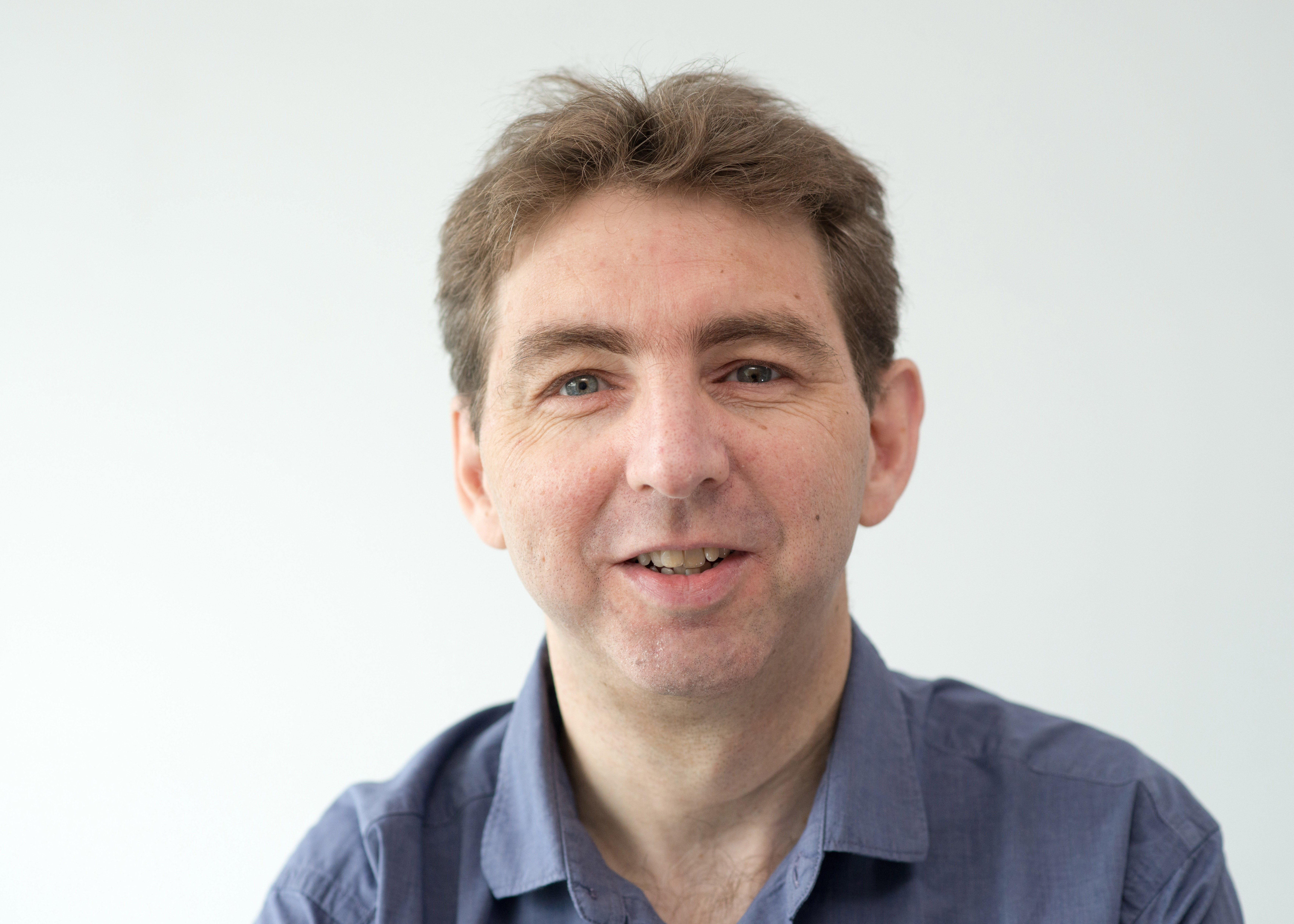Presentation
| Pierre Paoletti, director of the Biology department and director of IBENS |
Unravelling biological complexity is a critical issue for the future, with significant impact in our understanding of the world, preservation of biodiversity and human health.
Founded in 2010 by Antoine Triller, the Institute of Biology of the Ecole Normale Supérieure (IBENS) - a joint unit of ENS, CNRS and INSERM - is a center for fundamental research that leads innovative projects aimed at deciphering the essential mechanisms and principles that rule living systems.
Recognized internationally for the quality and originality of its work, IBENS hosts over 300 people grouped into 30 autonomous teams leading a highly collaborative research that combines experimental and theoretical approaches with a strong translational potential.
The science done at IBENS covers four major areas (Genetics and Genomics, Cellular Biology and Development, Neuroscience, Ecology and Evolution) and relies on five technological platforms (Genomics, Proteomics, Imaging, Computational Biology, FabLab) with centralized administrative and IT support. Fostering a strong interdisciplinary amongst its researchers, the IBENS carries a holistic vision of life by integrating its different levels of complexity - from unique molecules and cells, to networks and organs, to entire organisms and populations interacting with their environment.
The research carried out at the IBENS benefits from an exceptional intellectual and scientific environment provided by the other departments of the ENS (Physics, Chemistry, Cognitive Studies, Mathematics & Applications) but also by the numerous institutes and nearby research centers grouped at the at PSL University (Curie Institute, Collège de France, ESPCI, etc.).
Beyond the research itself, the IBENS is also a place of technological innovation (filing of patents, hosting of start-ups), and transmission of knowledge to younger generations. Our institute, within the Biology Department of the ENS, is strongly involved in teaching and training students and young researchers at all levels. Through training in research through research, IBENS aims to prepare and inspire tomorrow’s life sciences researchers.



